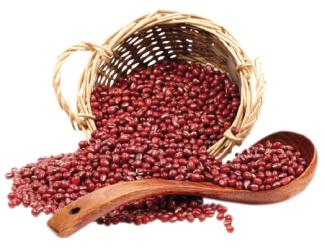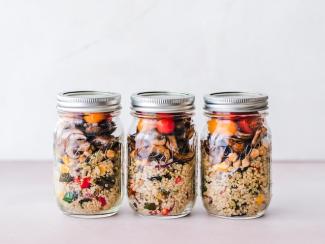
Taking care of your brain is essential for maintaining overall health and well-being. Here's a detailed guide on the best ways to care for your brain:
- Proper Nutrition:
- Omega-3 Fatty Acids: Include foods rich in omega-3 fatty acids, such as fatty fish (salmon, mackerel), walnuts, flaxseeds, and chia seeds. Omega-3s support brain health and function.
- Antioxidants: Consume a variety of fruits and vegetables as they are high in antioxidants, which help protect brain cells from damage.
- Vitamins and Minerals: Ensure you get enough B vitamins, vitamin C, vitamin D, and vitamin E. Minerals like magnesium and zinc are also important for brain health.
- Hydration: Stay well-hydrated, as dehydration can impact cognitive function.
- Physical Activity:
- Regular exercise improves blood flow to the brain, stimulates the growth of new neurons, and enhances cognitive functions. Aim for at least 150 minutes of moderate-intensity aerobic exercise per week.
- Cognitive Stimulation:
- Keep your brain active by solving puzzles, learning new skills, studying new subjects, reading books, and engaging in intellectual activities. This promotes cognitive flexibility.
- Adequate Sleep:
- Aim for 7-9 hours of quality sleep per night. During sleep, the brain undergoes important processes like memory consolidation and repair.
- Stress Management:
- Prolonged stress can negatively affect the brain. Practice relaxation techniques such as meditation, yoga, deep breathing exercises, and other stress management strategies.
- Social Interaction:
- Socializing with friends and family helps maintain emotional and cognitive well-being. Interacting with others stimulates brain activity and supports mental health.
- Avoid Harmful Substances:
- Quit smoking if you're a smoker, limit alcohol consumption, and avoid drug abuse, as these can cause brain damage and cognitive decline.
- Regular Check-ups:
- Visit your doctor regularly for health check-ups to monitor your overall well-being. Conditions like high blood pressure, diabetes, and high cholesterol can affect brain health.
- Limit Exposure to Toxins:
- Be mindful of the products you use for personal care, food, and beverages to minimize exposure to toxins that could harm your brain.
- Continual Learning:
- Keep learning new things to stimulate your brain. Whether it's a new language, a musical instrument, or a craft, acquiring new skills can boost cognitive reserves.
Caring for your brain is an ongoing commitment, and there are no guarantees, but with the right care and a healthy lifestyle, you can reduce the risk of cognitive issues and maintain your brain in its best state. Remember that it's never too early or too late to start taking care of your brain, so make these practices a part of your daily life.






